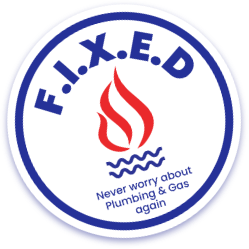Backflow prevention is an essential aspect of maintaining a safe and healthy water supply in Brisbane homes. Given our city’s sub-tropical climate and the associated weather patterns, it’s crucial to understand what backflow is, why it happens, and how you can protect your household from its risks.
Backflow occurs when water flows in the opposite direction of its intended path, potentially bringing contaminants into the clean water supply. This can happen due to various reasons such as changes in water pressure, which are not uncommon in Brisbane due to the frequent storms and heavy rainfall we experience.
Backflow can introduce harmful substances like chemicals, bacteria, and other contaminants into your home’s water supply. This can lead to serious health risks for you and your family. Ensuring proper backflow prevention is not just about complying with local regulations; it’s about safeguarding the health of your household.
In Brisbane, the following scenarios commonly lead to backflow:
There are several types of backflow prevention devices suitable for Brisbane homes:
In Brisbane, regulations require backflow prevention devices to be installed in various situations, particularly in homes with irrigation systems, pools, or any other setups that could potentially cause contamination. It’s important to have these devices installed by a licensed plumber who understands local regulations and can ensure the installation is up to code.
Installing a backflow prevention device is only the first step. Regular maintenance and testing are crucial to ensure the device continues to function correctly. Brisbane City Council mandates that backflow prevention devices be tested annually by a licensed professional. Regular checks will help identify any potential issues early and ensure your water supply remains safe.
Backflow prevention is a critical aspect of maintaining a safe and healthy water supply in Brisbane homes. By understanding the risks and taking appropriate measures to prevent backflow, you can protect your family from potential health hazards. Ensure you have the right devices installed and maintained regularly by a licensed plumber to comply with local regulations and safeguard your water quality.
By staying informed and proactive about backflow prevention, you contribute to the overall safety and well-being of your household and community.
